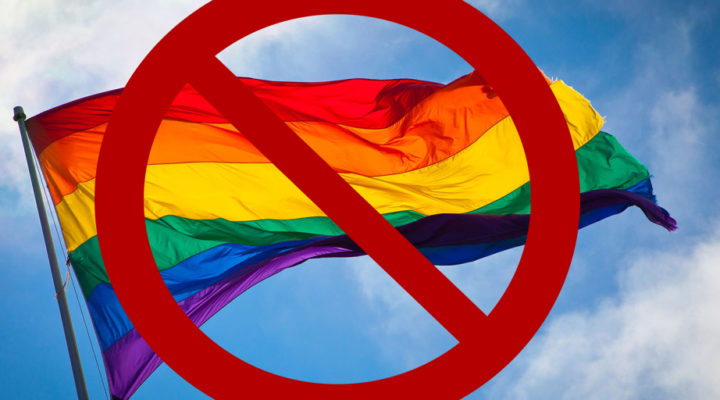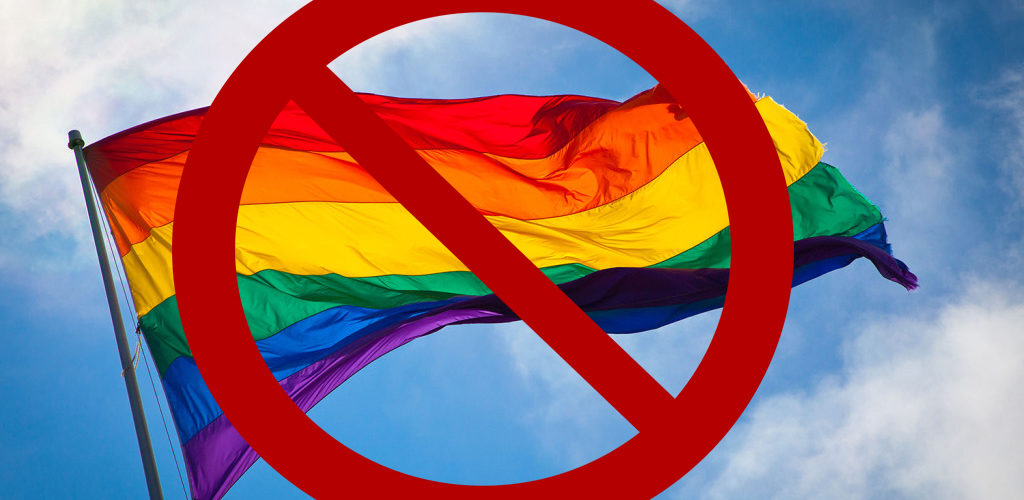Southern Baptists in Arkansas recently endorsed a controversial statement released by a coalition of evangelical leaders in August that says the Bible does not leave room for people to identify as both Christian and gay.
Meeting Nov. 7-8 in Russellville, Ark., messengers to the Arkansas Baptist State Convention passed a resolution declaring “without equivocation” their “complete agreement” with the Nashville Statement.
The Aug. 29 declaration by top leaders in the Southern Baptist Convention and other evangelicals says that homosexuality and transgender identity are sinful and claims that belief as non-negotiable for Bible-believing Christians.
The 1,400-church body is the first SBC-affiliated state convention on the record so far this year as supporting the Nashville Statement in annual meeting reports compiled and published by the SBC news service Baptist Press, but the Southern Baptists of Texas Convention reportedly used it to draft their own resolution on “gender identity.”
The full text of the Southern Baptists of Texas Convention resolution is not yet available online, but the Southern Baptist Texan news journal said it “addresses gender identity ideology and its rejection of binary human sexuality and its presumption that people can choose their gender.”
Baptist News Global previously reported a resolution passed by North Carolina Baptists affirming “that gender identity is determined by biological sex and not by one’s self-perception” and defining biblical marriage as “exclusively between one man and one woman.”
The Nashville Statement — previously endorsed by five SBC agency heads, the presidents of all six SBC seminaries and eight convention presidents — has been roundly criticized as harmful to members of the LGBTQ community.
Nashville Mayor Megan Barry said the title — referring to the venue where the document was finalized — gave the city a bad name.
Not all criticism of the document came from the left. Fellow evangelicals said its strident tone and public release could turn off people who might otherwise be open to hearing the gospel.
An initial signer to the Nashville Statement recently responded with his own critique of Christians who identify as “missional.” By trying to “conceal offensive biblical things,” Calvinist author John Piper suggested, such evangelicals may not only be “missing golden opportunities for biblical witness” but also “abandoning the way Jesus and the apostles did their public ministry.”
“The real challenge is not to make Jesus look beautiful by hiding some of his cherished convictions,” Piper wrote. “The real challenge is to trace all his views, including his most offensive ones, back to the beautiful root of this person and up to the beautiful flower of his glory and his purpose is for all of mankind.”
Christianity Today published an editorial taking the drafters to task for dividing “advocates of biblical sexuality.”
Denny Burk, the head of the Council on Biblical Manhood and Womanhood who spearheaded the document, replied that the Nashville Statement was not intended as a “culture-war document” dealing with public policy but rather a message directed to the church.
“It was drafted by churchmen from a variety of evangelical traditions who aim to catechize God’s people about their place in the true story of the world,” Burk explained Oct. 30. “And fundamental to that storyline is our ‘personal and physical design as male and female.’”
In addition to the 180-plus initial signatories of the Nashville Statement, Burk said more than 18,000 people from various denominations had added their names online. He cited translations in Spanish, German and Chinese as testimony to the document’s international appeal.
Arkansas Baptists went so far as to describe the Nashville Statement as “without error in its declarations based on biblical truths.”
Among other things, the Nashville Statement denies “that adopting a homosexual or transgender self-conception is consistent with God’s holy purposes in creation and redemption” and affirms “that it is sinful to approve of homosexual immorality or transgenderism and that such approval constitutes an essential departure from Christian faithfulness and witness.”
Previous stories:
The Nashville Statement: Maybe the issue isn’t the issue
Response to Nashville Statement says the gospel not just for heterosexuals
After the Nashville Statement, maybe it’s time
Evangelicals are killing LGBTQ youth from the inside out — soul first




